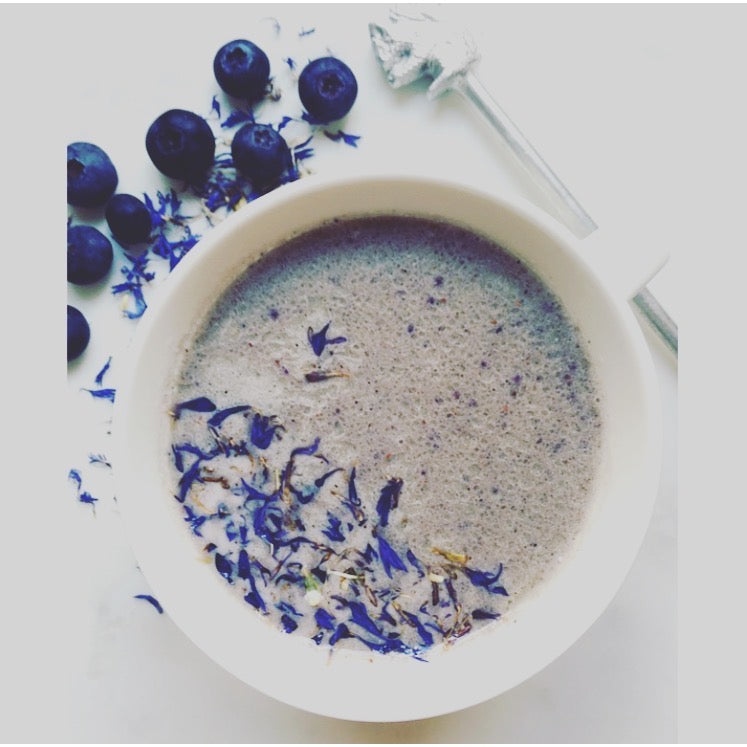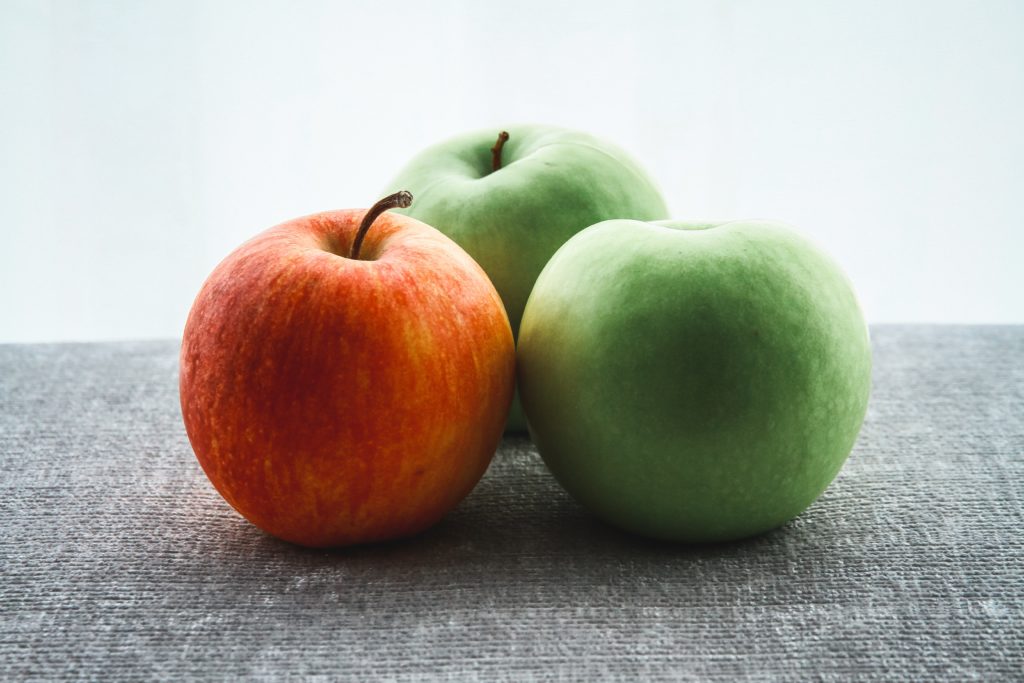Journal
- All
- Antioxidant
- Astragalus
- Blood clots
- Brain fog
- Burnout
- Cervical cancer
- Cholecystectomy
- Cold feet
- Cracked heels
- Echinacea
- Exhaustion
- Fatigue
- Gallbladder
- Headaches
- Health Advice
- Heart health
- Liver
- Low immunity
- Low white blood cells
- Memory
- Menopause
- Migraines
- Nervous system
- Perimenopause
- Recipe
- RnA ReSet
- Strokes
- Sun protection
- Thyroid
10 Ways to Beat the Bloat this Christmas
The season of indulgence is upon us ……. We are all looking forward to a tremendous feast on December the 25th (unless you are cooking of course, and by the time you sit down you would rather have a...
“The oak fought the wind and was broken, the willow bent when it must and survived.” Robert Jordan, The Fires of Heaven Returning from a trip to Loch Lomond I noted the adaptogenic qualities of the landscape around me....
Blue Moon Milk for Sleep and Stress
“I love sleep. My life has the tendency to fall apart when I’m awake, you know?”― Ernest Hemingway Blue Moon Milk may be just the answer to help you unwind and drift off into a deep and healing sleep....
Tomorrow’s Medicine You Can Begin Today
Land is not merely soil, it is a fountain of energy flowing through a circuit of soils, plants and animals. Aldo Leopold The Royal Society of Medicine sits nicely next to the headquarters of Coca-Cola on Wimpole Street...
Life is a Growth in the Art of Loss John O’Donohue As I took my daughter to the train today she said that every day feels like World Mental Health Day. We read and hear constantly about the struggles...
Andrographis for Immunity, Inflammation, Infections and More
Andrographis paniculata is a herb native to India, traditionally known as the “King of Bitters”. Used for centuries Andrographis is a bitter tasting plant, giving us an insight in to its support for the liver. It is the perfect choice where...
Magnesium Deficiency Can’t Be Ignored
As a child I suffered from restless legs; an irritating, troubling sensation in my legs. They just wouldn’t keep still. There were other signs too that I now, through much study, have concluded were from deficiency in this forgotten but...
Apple Bacteria keeps the Doctor Away
‘let thy food be thy medicine and thy medicine be thy food’ – Hippocrates An apple a day keeps the doctor away. And this may be true after all and not just an old English proverb with no weight....
Zinc deficiency, as reported by The World Health Organisation, is a significant problem for most countries in the world. Everyone, young and old requires regular zinc intake from their diet. Lack of this vital mineral is linked to poor health...








